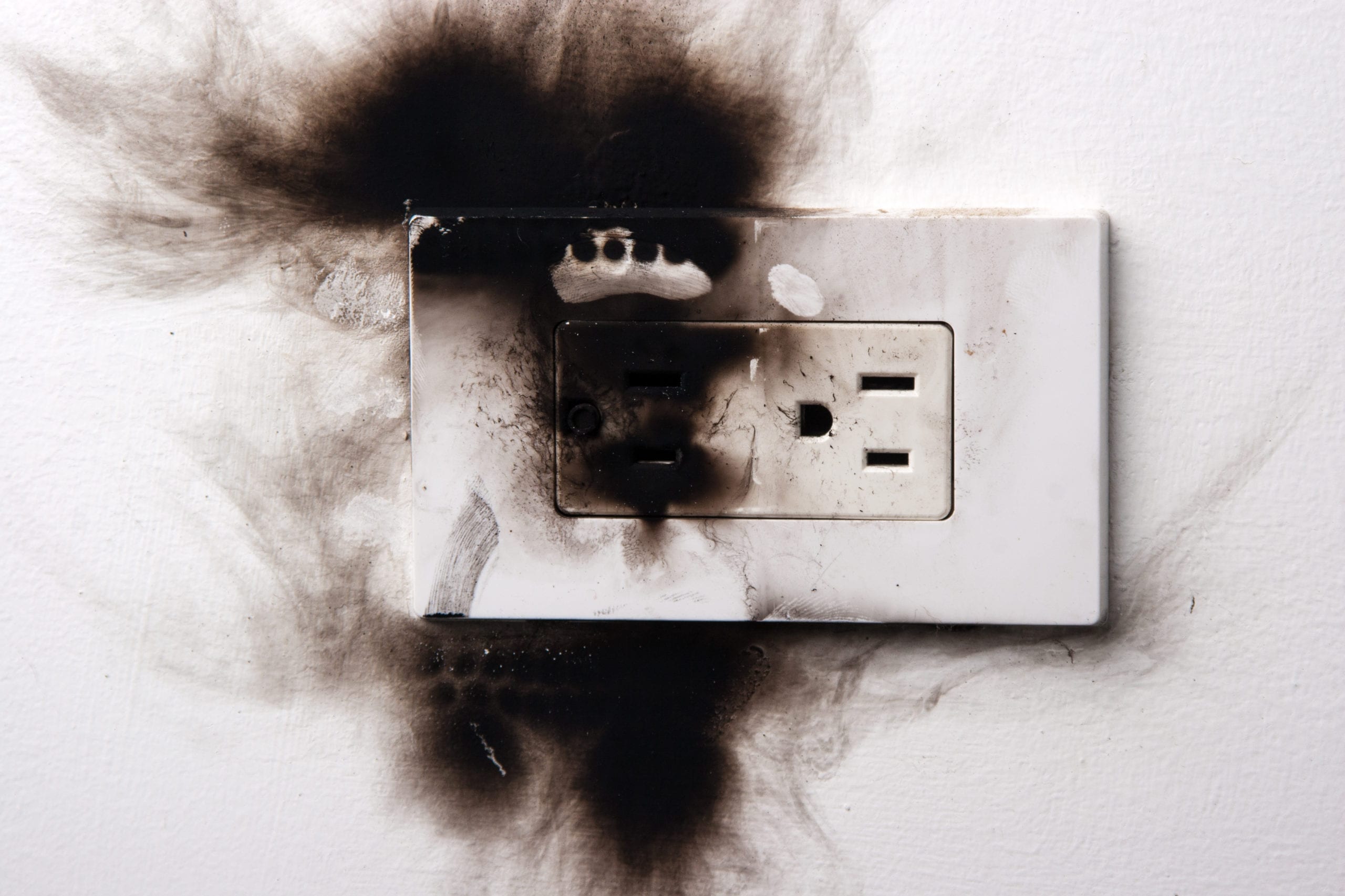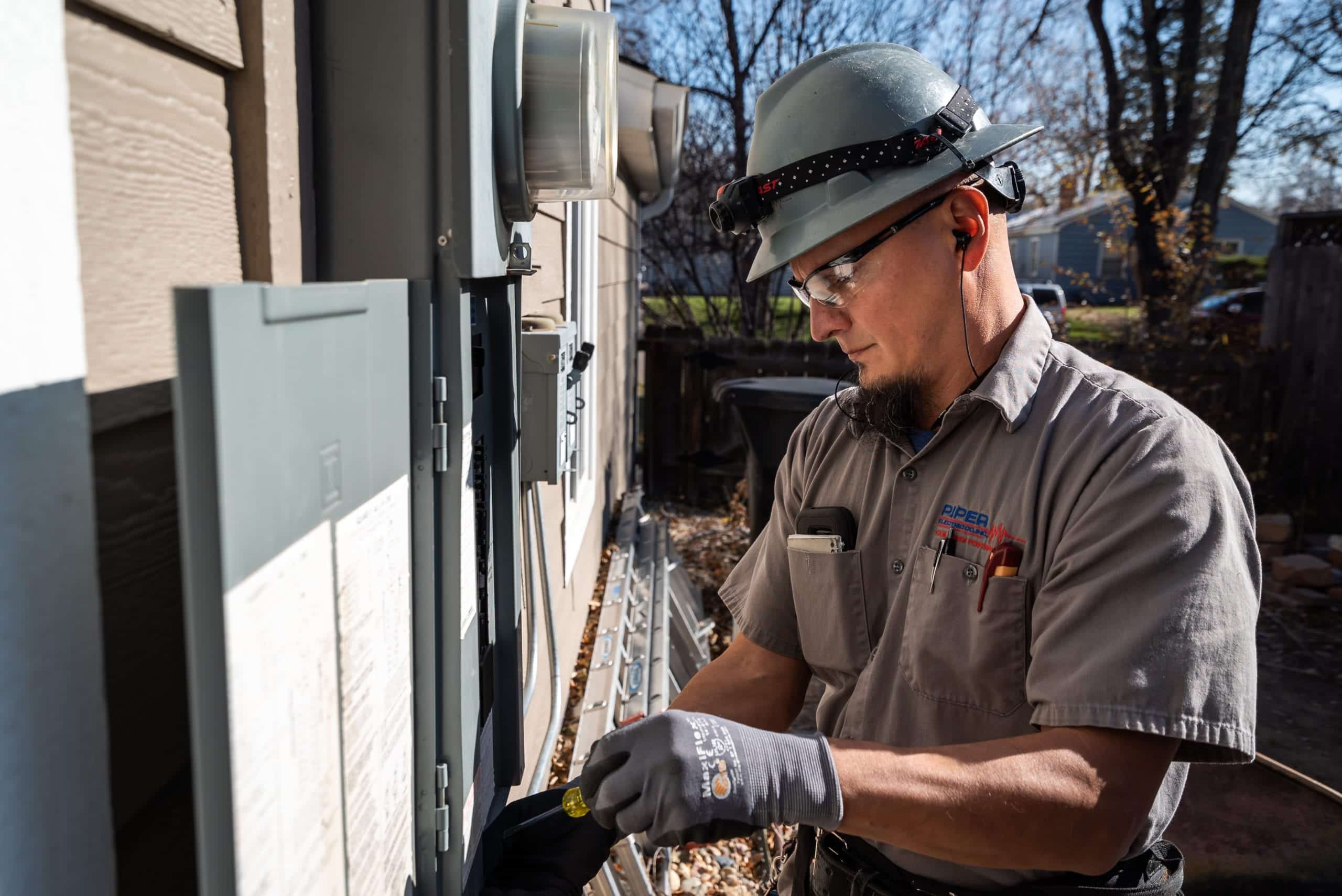
When it comes to preventing house fires, there are plenty of obvious areas to focus on. Most of us know that grills, stoves, fireplaces, candles, and ashtrays are potential electrical fire hazards and need to be closely monitored. We might even be more cautious with some appliances like toasters or hair dryers. Although we may not be able to see them as easily, or tend to think about them as often, the dangers that are posed by the basic electrical infrastructure of our homes can be just as important. Wires, outlets, light bulbs, circuit breakers, and our everyday electronics can all be potential sources for electric fires. Here are some tips that will help keep you and your family safe from risk.
Broken is Bad
There are plenty of reasons why we might like to keep appliances, gadgets and all of their cords and batteries around when they become damaged. Who wants to spend more money because of a little frayed wire? One reason not to keep them around is much more important—they are electrical fire hazards. When batteries become old or damaged, wires get frayed and loose, and lamps routinely blow lightbulbs, it is time to think about replacement. These small problems might not seem that important, especially when you think about the cost and hassle of replacement, but caution is always the right approach. Using frayed wires and older batteries can compromise electronics and the outlets they are plugged into, so always try and replace them when possible.
Temporary Fixes
We all have certain times and projects that require quick fixes. For electrical systems, this can mean using an extension cord or jury-rigging a power solution. As long as you are vigilant while using these temporary solutions, the danger of an electrical fire is minimal. But always be sure to find a more appropriate, permanent power supply once you are done. Don’t let temporary fixes become permanent.
Replace or Repair to Avoid Electrical Fire Hazards
The same approach that will help you stay safe with appliances and electronics can be helpful for other parts of your home. One of the best ways to prevent electrical fires is to take a full inventory of your home or residence. Make a note of any areas and electrical systems that seem old, out-of-date, or likely to cause problems. This could range from fuses that are tripped often, to lights that flicker long after they are turned on, to outlets that are loose. Compile a list and present it to a licensed electrician the next time you have an opportunity. An electrician will also be able to point out electrical fire hazards that you might have missed or overlooked.

